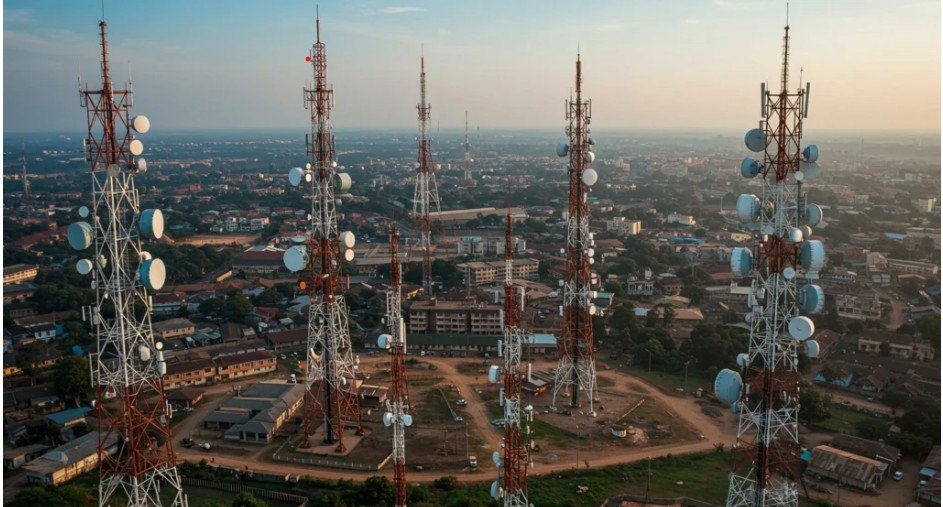Apple on 9 September unveiled its iPhone 17 series, with pre-orders beginning on 12 September and availability from 19 September. The line-up includes the iPhone 17, iPhone 17 Air, iPhone 17 Pro and iPhone 17 Pro Max. Prices in Nigeria are expected to start at about ₦680,000 for the base model, according to current exchange rates and retailer estimates.
For consumers in Nigeria, the purchase represents a significant financial commitment. Below are five factors worth assessing before making a decision.
1. Price range and affordability
The iPhone 17 is projected to cost about ₦680,000 for the 256GB model, while the Pro Max could reach ₦1.2 million for 2TB storage.
These figures reflect import charges, shipping, and retailer margins. Buyers are advised to weigh the expense carefully with an annual per capita income averaging about ₦2.5 million.
Instalment payment options from platforms such as Jumia or Slot may offer some relief. Exchange rate volatility remains a key risk, and prices may shift around launch.
2. Network (eSIM only)
All models support 5G, including the n78 band (3500 MHz), used by major operators such as MTN and Airtel. However, 5G coverage remains concentrated in Lagos, Abuja and Port Harcourt. For many users, 4G LTE will remain the primary network.
Apple has also removed the physical SIM tray, opting for eSIM-only functionality. While adoption is increasing in Nigeria, customers should confirm compatibility with their provider, particularly for dual eSIM use.
3. Battery life and charging
Battery sizes range from 3,149mAh in the iPhone 17 Air to 5,088mAh in the Pro Max. Apple claims improved performance, with the larger models lasting up to two days with moderate use.
Charging is supported through MagSafe wireless at 25W, or 20W on the Air. In a market where electricity supply is often unstable, buyers may need to invest in power banks or UPS devices. MagSafe accessories remain relatively costly, at around ₦50,000–₦70,000.
4. Camera range
All iPhone 17 devices feature 48MP main cameras. The base and Air models include dual lenses, while the Pro versions add a telephoto lens with up to 8x optical zoom.
These specifications will appeal to content creators and photographers in Nigeria. However, potential buyers should consider the cost of repairs, as replacement parts for the camera can be expensive. Protective accessories, typically priced between ₦20,000 and ₦40,000, may help safeguard against damage.
5. Durability
The new iPhones use aluminium (iPhone 17 and Air) or titanium (Pro models) frames with Ceramic Shield glass. All are rated IP68 for water and dust resistance. Despite this, accidental damage is still possible.
Apple-authorised service centres are available in Lagos, Abuja and Port Harcourt, though repair delays are common due to parts availability. Extended warranties and protective cases, which cost between ₦15,000 and ₦30,000, are recommended.
The iPhone 17 series offers features such as ProMotion displays, the A19 chip and improved camera systems. Nigerian consumers should weigh their personal needs and financial circumstances before making a purchase.
Entry-level models may suit everyday users, while professionals and content creators may find the Pro Max more suitable. Buyers are encouraged to purchase from authorised resellers to avoid counterfeit products.






